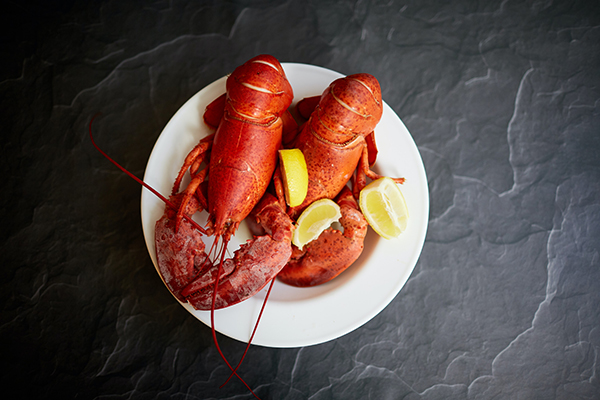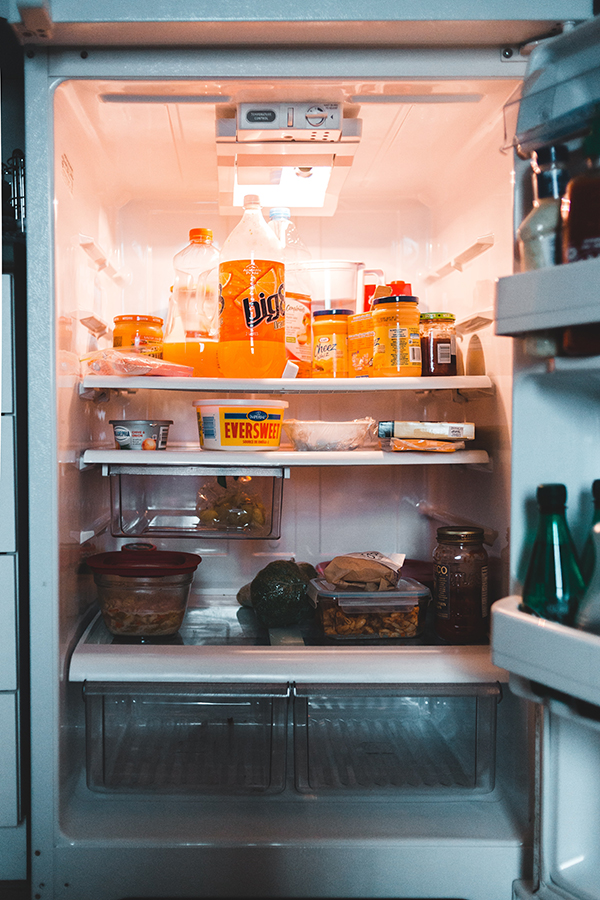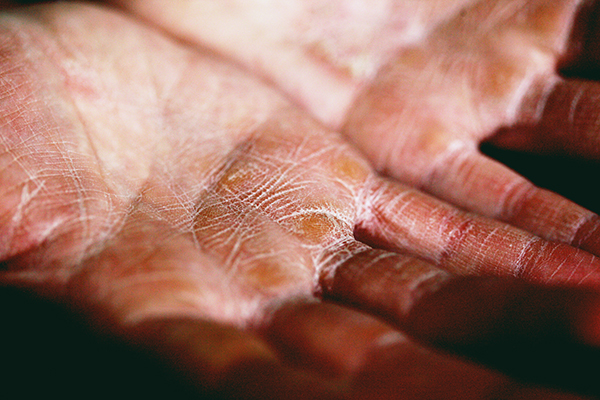
Recently, I went hiking with two friends at Dash Point State Park. The weather was absolutely Northwest gorgeous. We had planned to hike together for a long time, and finally, I found the time to join them. I looked forward to having conversations with them during the hike about each of our favorite foods and vacation destinations. They, on the other hand, had something totally different in mind. They wanted to talk about God, and faith, and the Bible (they were, they are, more spiritual than me). They wanted to talk about Leviticus, the food laws, and things that are clean and unclean. For the next hour or more, I was silently praying I could catch up with them in the discussion, and not embarrass myself.
As you might know already, the Hebrew word translated, “unclean,” appears throughout the Old Testament in the Bible. It appears in Numbers and Deuteronomy, but it appears mostly in Leviticus. The topic of what is not clean appears at least 80 times in Leviticus! God told the Israelites which animals were clean and which were unclean.
Leviticus 11:4 Nevertheless, you are not to eat of these, among those which chew the cud, or among those which divide the hoof: the camel, for though it chews cud, it does not divide the hoof, it is unclean to you. Leviticus 11:10 But whatever is in the seas and in the rivers that does not have fins and scales among all the teeming life of the water, and among all the living creatures that are in the water, they are detestable things to you.
The clean animals were land animals that chew the cud and have a divided hoof, such as cattle, deer, goats, and sheep. But they also included seafood with both fins and scales, such as bluegill, grouper, and cod. They were also certain birds, including chickens, doves, and ducks. Did you know that grasshoppers and locusts were clean? On the other hand, land animals that either do not chew the cud or do not have a split hoof, such as pigs, dogs, cats, horses, donkeys, and rats, were unclean. There were also birds, such as owls, hawks, and vultures. Reptiles and amphibians were unclean. Seafood without fins or scales, such as shellfish, lobster, oysters, and catfish, were also unclean. Lobster and oysters should not be unclean, but that’s just my opinion.

Some think that God felt it was necessary to categorize certain living things as unclean because these were the exact living things that Israel’s neighbors used for pagan ritual and worship. Because of their close connection to paganism, God could not and would not allow them to be brought into his temple and accept them as sacrifices. Others think that God felt it was necessary to categorize certain living things as unclean because of health and hygiene reasons. God did not forbid the Israelites to consume unclean living things as food for his own sake, but for the sake of his people. Back in the days of Moses, the Israelites obviously didn’t own refrigerators or microwave ovens, and food became spoiled very easily. Consuming certain living things was not only dangerous, but also deadly. God loved Israel. In his wisdom, he commanded the Israelites to avoid certain foods in order to protect them. But it is interesting to me many years later, our Lord Christ Jesus declared all foods were now clean to eat even though refrigerators or microwave ovens were not invented for another several hundred years.
So why did God call the pig unclean and a cow clean? In my opinion, God never explained it. Even though God talked a whole lot about clean and unclean in the Bible, he never talked about why certain something was clean and certain something was unclean. God did not state his reason. As we read our Bibles, it is not wrong to think about the possible reasons why God said this and that, but we have to always be careful not to say something more than what the Bible said. For this reason, I like to see Christians not be in such a hurry to say God made the Israelites eat only living things that were clean to avoid getting sick, or worse.

We all know that God said certain living things were clean and others were unclean. But did you know that is not all he said? There were also “clean” and “unclean” objects, clothing, and people! A skin infection made a person unclean. A woman was unclean for a period of time following childbirth. A house with certain kinds of mold was unclean. Finally, God said there were people who made themselves unclean because of something they did. When a person touched a dead body, for example, that made him unclean, and temporarily unable to participate in worship (until a priest made atonement for his sins). When we consider the living things that were clean and unclean, we must not forget that what is clean and unclean is not limited to food only. We must also remember God said there were non-food items and people that were clean and unclean. What is clean and unclean is bigger than just food laws.
Leviticus is not an easy book. The topic of clean and unclean is not one of the easiest to understand. Next time before I agree to go hiking with my friends, I shall brush up on my study of the Bible! At the end of the day, pretty much all we know and all we can say is that God gave these food laws to the nation of Israel, only. The laws were never intended for anyone besides the Israelites. Could it be that the purpose of the food laws was to make the Israelites distinct, or set apart, from all other nations? I think so. God told the Israelites which certain living things were clean and which certain living things were unclean to separate them from others. Perhaps this is where we must stop. God was setting Israel apart. They were Yahweh’s chosen people to be a light to all the nations.